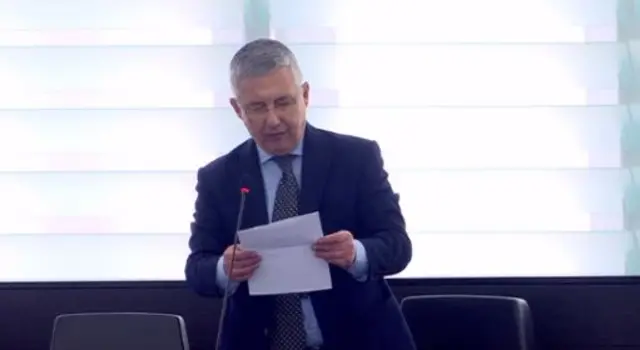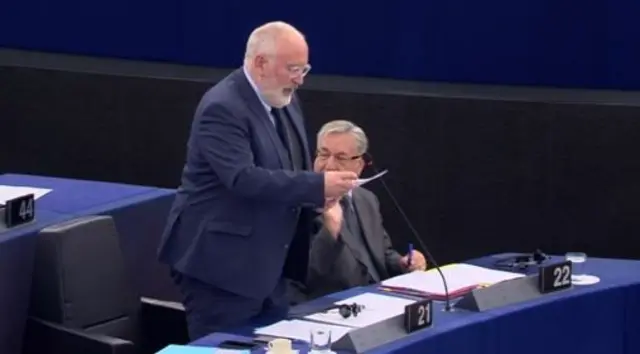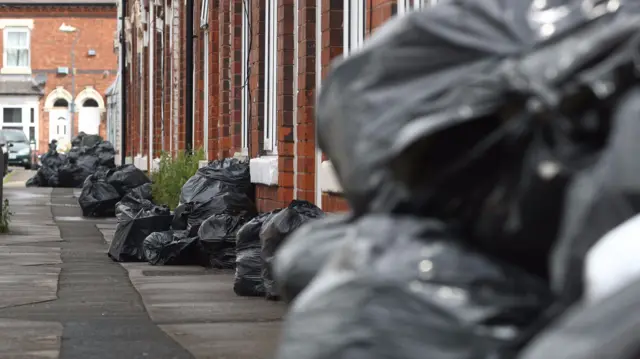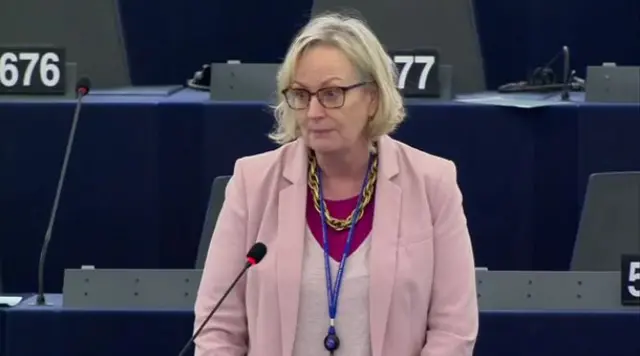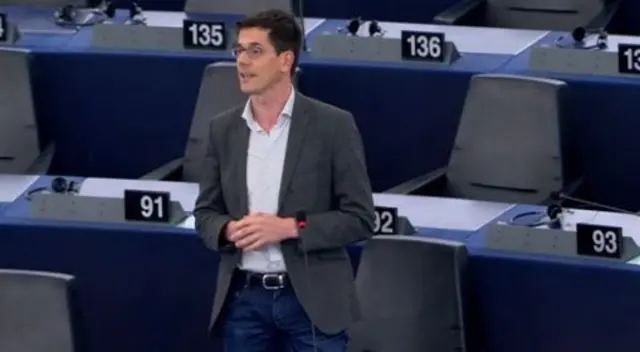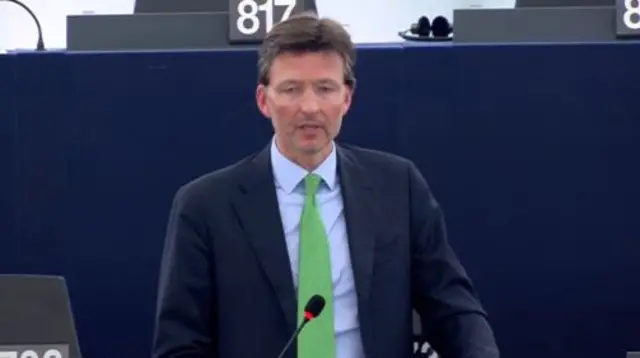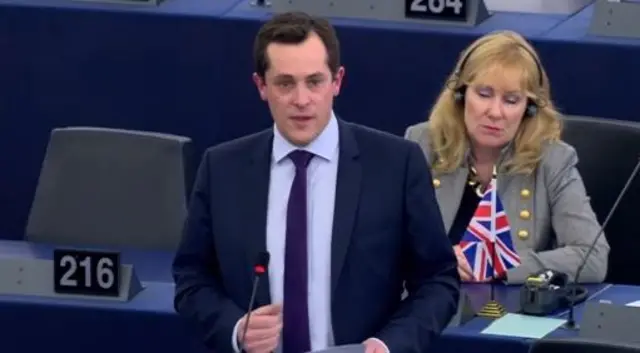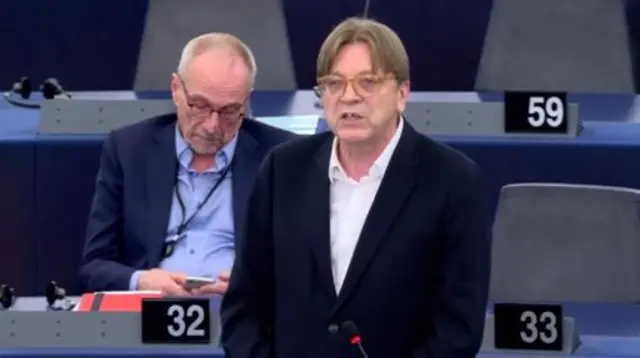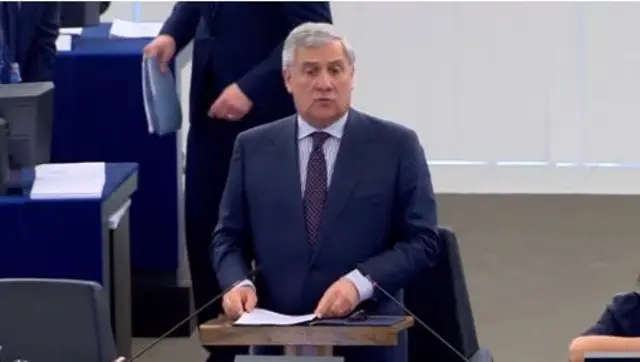MEPs debate report on women and the mediapublished at 20:15 BST 16 April 2018
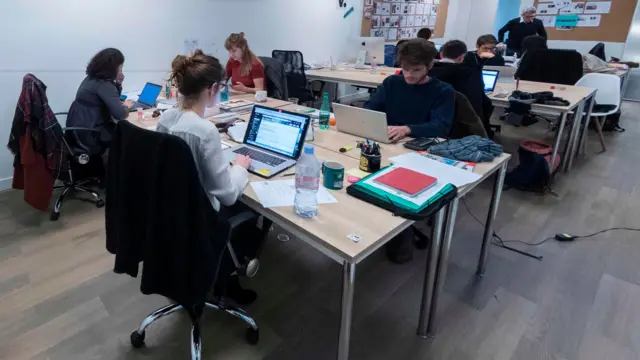 Image source, AFP
Image source, AFPMEPs are now debating a report from the women’s rights committee with recommendations for improving the representation of women in the media.
The report condemns attacks against female journalists and calls on media companies to establish practices allowing men and women to “benefit equally from parental leave”.
It also suggests that media companies create databases of female experts in various areas in a bid to try and improve their representation on-air.
The wide-ranging – but purely advisory – report also repeats a longstanding demand that blocking states drop their resistance to mandatory EU quotas for women on large company boards.
The committee has also tabled an oral question asking the EU Commission to outline what it is doing to promote “digital literacy” among girls.

